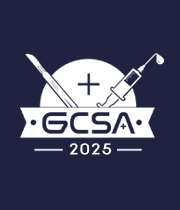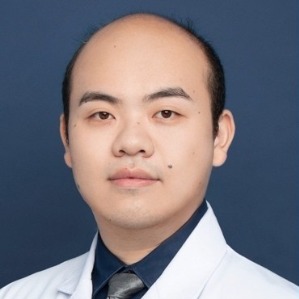Title : Observation of the clinical efficacy of robot assisted duodenum-preserving total pancreatic head resection in 21cases
Abstract:
Short Description of what will be discussed during the presentation (about 250 - 500 words) Aims: To explore the treatment experience of robot assisted duodenum-preserving total pancreatic head resection (R-DPPHR) for benign and low-grade malignant diseases of the pancreatic head, including surgical indications, prevention and treatment of surgical complications, especially biliary complications. Method: A retrospective analysis was conducted on the case data of 21 patients who underwent R-DPPHR at the First Affiliated Hospital of Soochow University from February 2021 to May 2023. Results: A total of 21 cases in this group, including 12 males and 9 females, with an average age of 53.6 years. The average surgical time was 323 (241-401) minutes, the average intraoperative blood loss was 199 (80-500) mL, and the average postoperative hospital stay was 18.6 (10-30) days. Disease types: 3 cases of chronic mass pancreatitis, 8 cases of pancreatic neuroendocrine tumors, 2 cases of intraductal papilloma (IPMN), 5 cases of pancreatic serous cystadenoma, and 3 cases of pancreatic mucinous cyst The surgical methods are all robot assisted surgeries, with no surgical deaths After surgery, there were 7 cases of pancreatic fistula (all B-grade pancreatic fistula), 3 cases of biliary fistula, 1 case of common bile duct stenosis, 1 case of abdominal bleeding, 1 case of abdominal infection, and 2 cases of delayed gastric emptying. All patients were cured and discharged after non-surgical treatment 21 cases were followed up after surgery, with a follow-up period of 6 months to 2 years. There were no long-term complications such as recurrence, decreased endocrine function, delayed gastric emptying, and no deaths. Conclusion: Compared to previous DHHPR, R-DPPHR is an effective surgical approach for benign and lowgrade malignant diseases of the pancreatic head.


